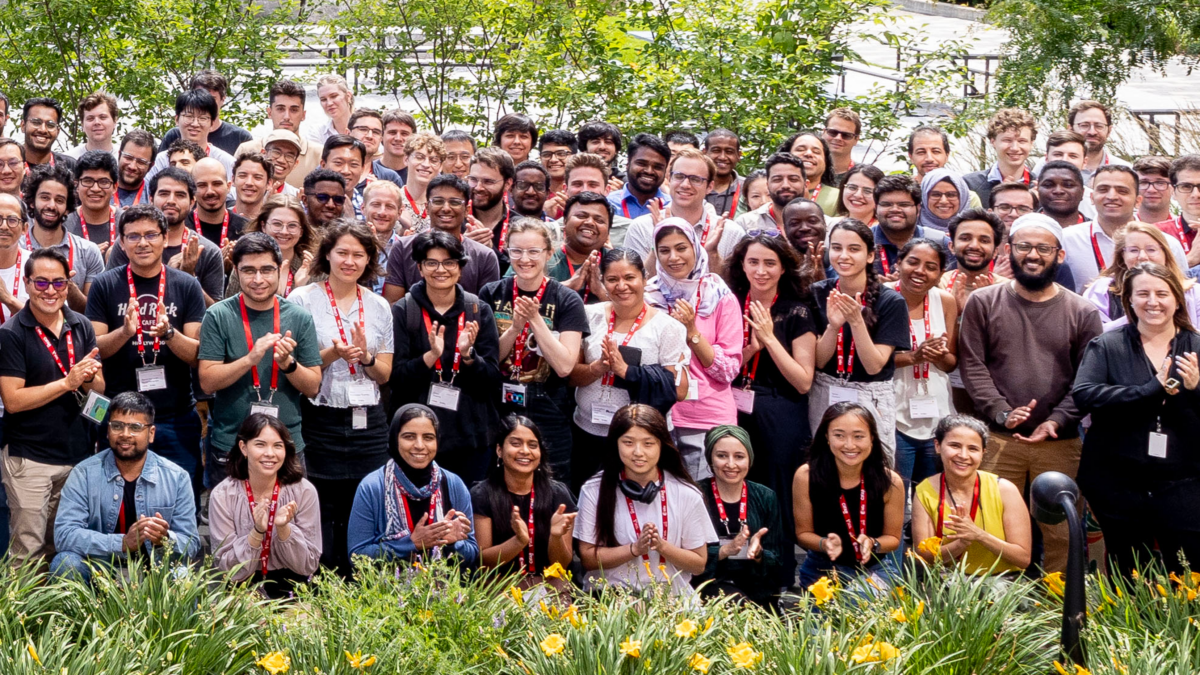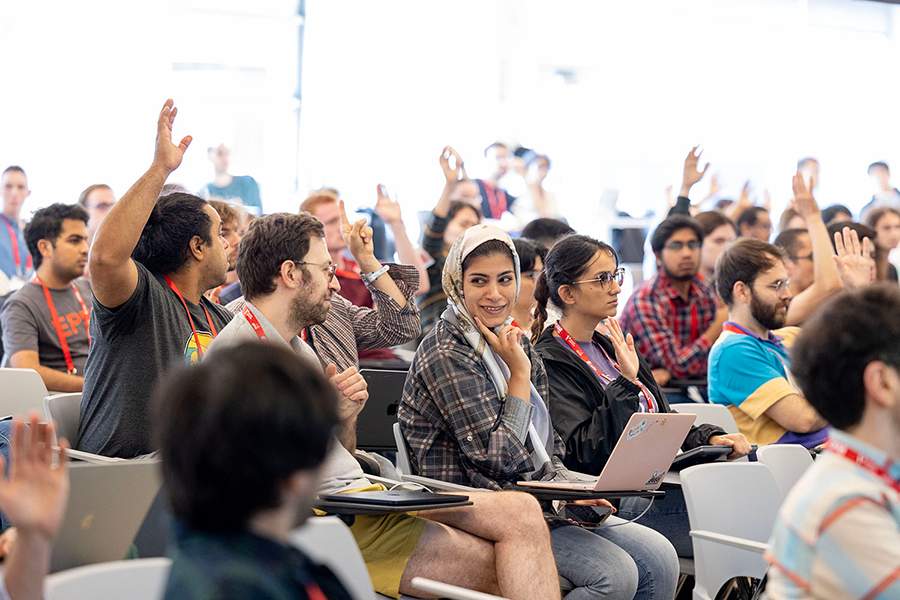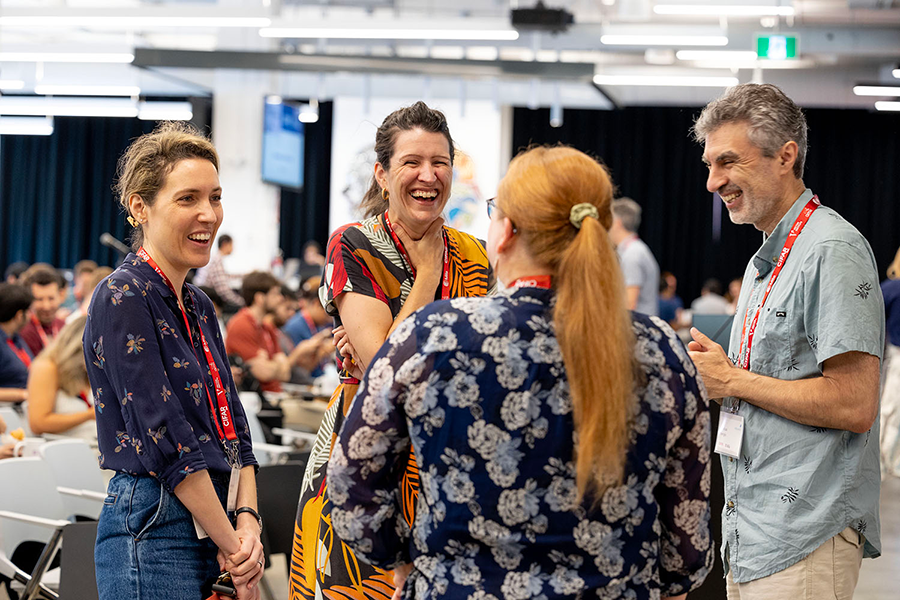By: Kathleen Sandusky
13 Oct, 2023

For nearly 20 years, CIFAR has been bringing the world’s leading next-generation AI scientists to Canada each summer for the CIFAR Deep Learning + Reinforcement Learning (DLRL) Summer School. This prestigious and intensive week of training and networking for learners is designed to help attendees discover the next big leaps in AI science and their potential applications and impacts on society. More than 2,500 future AI leaders from around the world have attended since the launch of the program in 2005.

“For almost two decades, the DLRL Summer School has been a unique learning opportunity for talented next-generation researchers from everywhere in the world,” comments Elissa Strome, Executive Director of the Pan-Canadian AI Strategy at CIFAR. “We’ve heard from many of today’s top AI scientists that it was at DLRL where they first felt inspired by the potential of machine learning to make a difference, and moreover, that they wanted to continue their work in Canada.”
Since the start of the Pan-Canadian AI Strategy, hosting of the DLRL Summer School has rotated yearly among the three National AI Institutes. The 2023 edition was hosted by Mila in Montreal and was the first to be in-person since the start of the pandemic. The event saw more than 150 early-career AI scientists from 19 countries enjoying the opportunity to learn and connect with each other in person.

Next year’s DLRL will take place in Toronto at the Vector Institute, and will feature a special celebration of the school’s 20th anniversary.
Applications to DLRL remain highly competitive, with thousands of applications reviewed each year by an academic committee to ensure that attendees have sufficient skills and knowledge to succeed within the school’s fast pace and advanced subject matter. Along with other CIFAR NextGen AI Training Programs through the Pan-Canadian AI Strategy, DLRL offers additional support and resources for equity-deserving groups such as the Inclusive AI Scholarship, offered to all self-identified Black and Indigenous students. These efforts to advance diversity in the program are succeeding in driving results, with the number of participants who identify as women doubling to 30% since 2017 and the number of students identifying as Black doubling this year alone.
For interested learners who are unable to attend DLRL, CIFAR posts highlight talks on our YouTube channel. This year’s video highlights include talks by Canada CIFAR AI Chairs Yoshua Bengio (on AI safety and using AI for discovery), Glen Berseth (on robotics), Wenhu Chen (on natural language processing), Marzyeh Ghassemi (on AI for health) and Dhanya Sridhar (on causality).
“We have a fantastic ethos of open science and knowledge-sharing in Canada’s AI community, because we know that it’s through the sharing of ideas that great science is made, and great talents emerge,” says Strome. “When we asked our Canada CIFAR AI Chairs for permission to share these talks, they all readily agreed. Not only does AI hold immense promise for making science more open and accessible, but transparency in how AI is advanced will be key to ensuring that it is built by more diverse teams, more responsibly, and with strong ethical frameworks.”
CIFAR’s Deep Learning + Reinforcement Learning Summer School 2023 was made possible through the generous support of our sponsors and partners.
All photo credits this page: Maryse Boyce